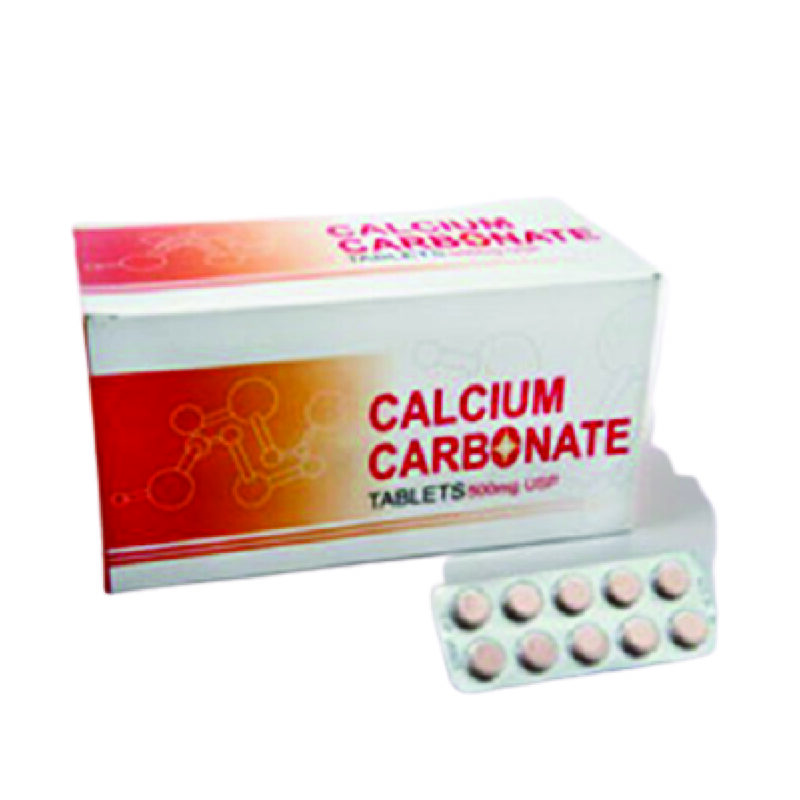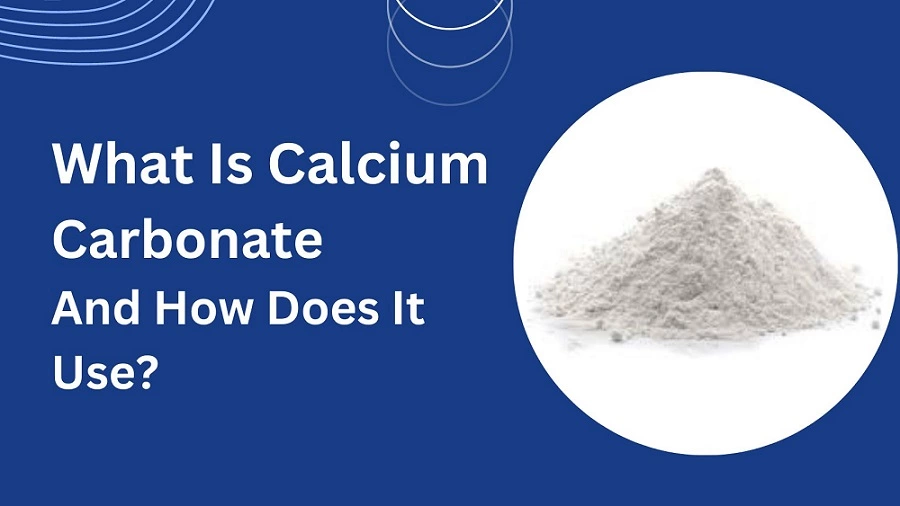Blog
Calcium Carbonate Uses: A Comprehensive Guide to Its
Calcium Carbonate Uses: Understanding Its Versatility
Calcium carbonate uses are incredibly diverse, making it a staple in various industries and applications. This naturally occurring compound, found in limestone, marble, and chalk, has a multitude of benefits and roles, ranging from construction to pharmaceuticals. In this article, we will explore the various calcium carbonate uses, focusing on its practical applications, benefits, and the significance of this versatile substance.
What is Calcium Carbonate?
Calcium carbonate is a chemical compound with the formula CaCO₃. It is widely found in nature, primarily in sedimentary rocks such as limestone, marble, and chalk. This compound is also present in the shells of marine organisms, eggs, and some plants. Its properties make it valuable across many sectors.
Calcium Carbonate Uses in Construction
One of the most prominent calcium carbonate uses is in the construction industry. It serves as a key ingredient in cement and concrete. By adding calcium carbonate to cement, it enhances the strength and durability of concrete, making it ideal for building structures. Additionally, calcium carbonate is used as a filler in asphalt, improving the texture and performance of road surfaces.
Benefits:
- Strength Enhancement: Calcium carbonate boosts the structural integrity of concrete.
- Cost-Effective: It reduces the overall cost of cement production.
- Sustainability: It supports eco-friendly construction practices by utilizing a natural resource.
Calcium Carbonate Uses in Agriculture
In agriculture, calcium carbonate is employed as a soil conditioner. It helps to neutralize acidic soils, which can improve crop yield and soil health. By adjusting the pH level, it creates a more favorable environment for plants to grow. Additionally, calcium carbonate is used as a dietary supplement for livestock to ensure they receive adequate calcium for bone development and overall health.

Benefits:
- Soil Improvement: Enhances soil structure and nutrient availability.
- Plant Health: Promotes better plant growth and increased crop yield.
- Animal Health: Provides essential calcium for livestock.
Calcium Carbonate Uses in Industry
The industrial sector leverages calcium carbonate for various purposes. It is used as a filler in products such as paints, plastics, and rubber. Its fine, white powder form enhances the brightness and opacity of these products. Calcium carbonate also acts as a flux in the production of steel and glass, helping to remove impurities and improve quality.
Benefits:
- Product Quality: Improves the quality and appearance of paints, plastics, and rubber.
- Efficiency: Acts as a flux in steel and glass production, enhancing the manufacturing process.
- Cost Reduction: Provides a cost-effective solution for various industrial applications.
Calcium Carbonate Uses in Pharmaceuticals
In the pharmaceutical industry, calcium carbonate serves as a calcium supplement. It is commonly used to treat or prevent calcium deficiencies, particularly in individuals with osteoporosis or other bone-related conditions. Additionally, it is used as an antacid to relieve heartburn and indigestion by neutralizing stomach acid.
Benefits:
- Health Support: Aids in preventing and treating calcium deficiencies.
- Digestive Relief: Provides relief from heartburn and indigestion.
- Bone Health: Supports strong and healthy bones.
Calcium Carbonate Uses in Food and Beverage
Calcium carbonate is utilized in the food and beverage industry as a food additive. It serves as a dietary supplement to enhance calcium intake, especially in fortified products. Additionally, it is used as a leavening agent in baking and as a stabilizer in various processed foods.
Benefits:
- Nutritional Enhancement: Boosts calcium content in food products.
- Baking Efficiency: Acts as a leavening agent for improved texture in baked goods.
- Product Stability: Enhances the stability and shelf life of processed foods.
Environmental Impact and Sustainability
Calcium carbonate uses extend to environmental applications as well. It is employed in water treatment to neutralize acidic water and remove impurities. Additionally, its use in flue gas desulfurization helps to reduce sulfur dioxide emissions from industrial processes, contributing to cleaner air.
Benefits:
- Water Treatment: Improves water quality by neutralizing acidity and removing contaminants.
- Air Quality: Reduces sulfur dioxide emissions, supporting environmental sustainability.
- Resource Utilization: Utilizes a naturally occurring resource for various applications.
Conclusion
Calcium carbonate is a remarkably versatile compound with numerous uses across various industries. From enhancing construction materials to supporting agricultural practices, its benefits are widespread. Its role in pharmaceuticals, food, and environmental applications further highlights its importance. By understanding calcium carbonate uses, we can better appreciate the significant impact this compound has on our daily lives and various sectors.
FAQs Calcium Carbonate
What is Calcium Carbonate Used For?
Calcium carbonate is utilized in a wide range of applications. In the construction industry, it is a key ingredient in cement and concrete, enhancing their strength and durability. In agriculture, it serves as a soil conditioner and dietary supplement for livestock. In the industrial sector, calcium carbonate acts as a filler in products like paints, plastics, and rubber, and it is used as a flux in steel and glass production. Additionally, it is commonly used in the pharmaceutical industry as an antacid and a calcium supplement.
Is It Safe to Take Calcium Carbonate Daily?
Taking calcium carbonate daily is generally considered safe for most people, especially when used as a dietary supplement. It is commonly recommended to support bone health and prevent calcium deficiencies. However, it is important to adhere to the recommended dosage to avoid potential side effects such as constipation or stomach upset. Individuals with certain health conditions or those taking other medications should consult with a healthcare provider before starting calcium carbonate supplements.
What is Calcium Bicarbonate Used For?
Calcium bicarbonate is primarily used in water treatment processes. It helps in softening hard water by reacting with the calcium and magnesium ions that cause hardness. This reaction forms calcium carbonate, which can then be removed from the water. Additionally, calcium bicarbonate is found in some natural mineral waters and can be used in various industrial processes where calcium is needed.
What is the Difference Between Calcium and Calcium Carbonate?
Calcium is a chemical element (symbol Ca) essential for various biological functions, including bone health, muscle contraction, and nerve signaling. Calcium carbonate is a compound that contains calcium in the form of calcium carbonate (CaCO₃). While calcium is a nutrient required by the body, calcium carbonate is a common form of calcium supplement used to meet dietary needs. Calcium carbonate provides a significant amount of elemental calcium per dose, making it a popular choice for supplementation.

